Platform: NETFLIX
Episodes: Six
From the producer of “Namaste Wahala” comes this series, the second of its kind in terms of two countries infusing their cultures to create a movie. You know this popular saying, “If you fail the first time, then you will just have to try harder the second time.” Well, that wasn’t the case for Hamisha Daryani Ahuja. Once more, the producer fell short of creating a masterpiece, turning “Postcards” into just another mid-level Nollywood and Bollywood production.
Plot
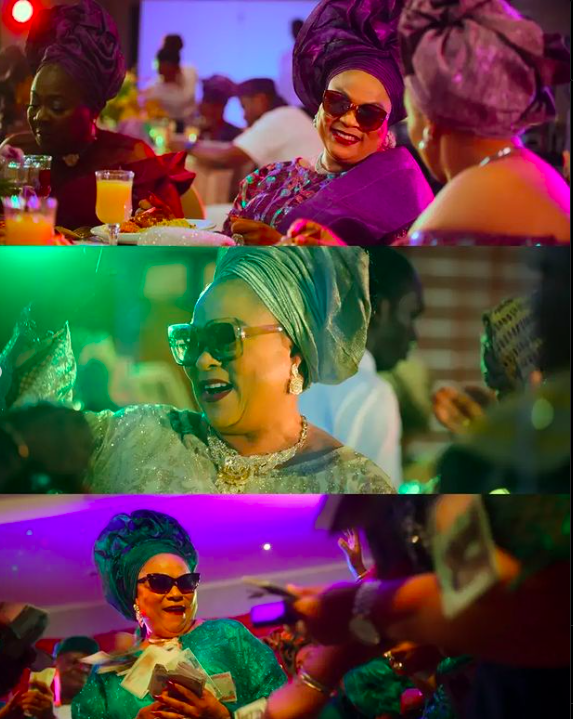
Credit: Instagram
“Postcards” follows the story of several characters whose lives intersect in a series of life changing events—the story of four Nigerians living in India who struggle with questions of identity and acceptance. In the first episode of the series, Aunty Bunmi, played by Sola Sobowale, was projected as a typical Lagos woman who enjoyed partying and never said no to buying asoebi. She was living life to the fullest; the only problem was that she couldn’t get a hold of her son. This same woman was portrayed as someone who loves her son but guess what? She sent him 10,000 Naira, while she paid thousands of Naira for Asoebi on the same spot.
On the other hand, her son Yemi, played by Tobi Bakre, was keeping distance from his mother because he wasn’t financially capable of taking care of her. Yemi in this series, is a student; I am not sure if any Nigerian parent would burden their children with such, but oh well. Remember that this particular woman is a regular partygoer who also runs a store. They’re now attempting to claim that the son was working hard to support her. The narrative failed to arouse any empathy in me for any of the characters. There was a disconnect between their thoughts and behavior.
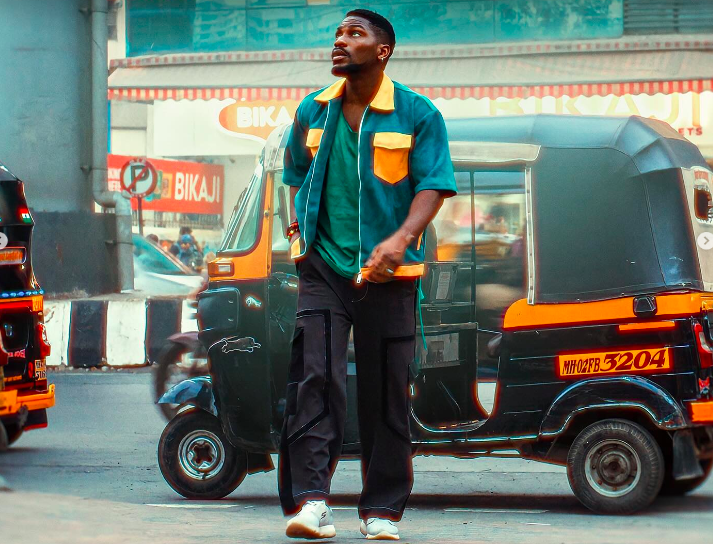
Credit: Instagram
Later on, in order to find a greener pasture, Yemi leaves Nigeria for India, having won a place in a movie role via online auditions. His mother was the reason he was looking for money, but still, he didn’t inform her he was leaving for India. Luckily, his mother leaves for India too for surgery. On her part, she tried several times to get a hold of him before leaving but to no avail. As luck would have it, Aunty Bunmi’s older brother lives in India, and he was able to sort her out financially but not emotionally.
During her hospital visit, she encounters an Indian doctor married to a Nigerian woman. She connects to him because his wife is a Nigerian, but then again, she meddles into the doctor’s life and shows him a different outlook on having children, which he and his wife already decided against.
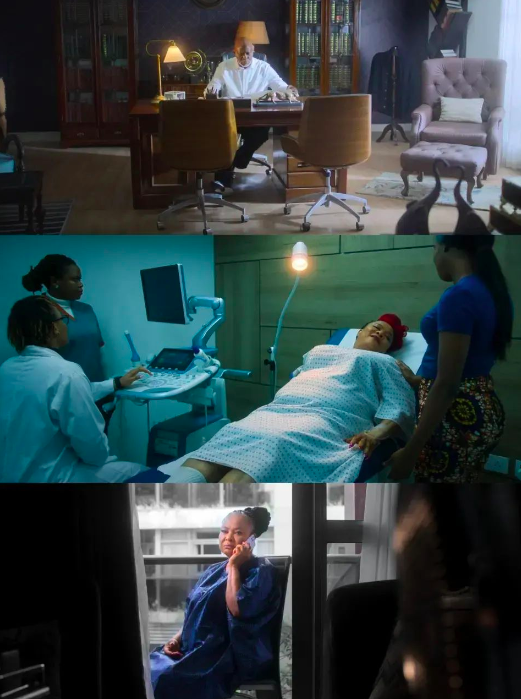
Credit: Instagram
Now that she is in the same country as her beloved son, will she be able to see him? How will she connect to her emotionally unavailable brother and what will become of the doctor’s marriage, seeing that she has meddled in his family’s decision?
Characters

Credit: Instagram
“Postcards” featured Sola Sobowale playing Aunty Bunmi as the lead actress. She was supported by the ever graceful RMD, who played her emotionally unavailable brother. Tobi, a BBN alumnus, portrayed her son, Yemi, while Rajniesh Duggall, and Rahama Sadau, her doctor and doctor’s spouse, respectively.
One thing that sets great actors apart from others is delivery. It is similar to knowing the right quantity of seasoning to put in a meal; a little over or under the required quantity would make it unbearable to eat. It is just the same with acting. There is something people call “overacting,” and I would say much of it was done in this movie. Tobi Bakre’s performance as a dancer was such a poor one; I wasn’t impressed, as it felt like he was doing too much.
At some point, Sola’s acting was transitioning into so much shouting. Some conversations in the movie felt so long, for example, when the doctor was having a romantic evening with his wife after her hospital visit. The scene was supposed to evoke a romantic feel, but instead, I wanted to fast-forward it.
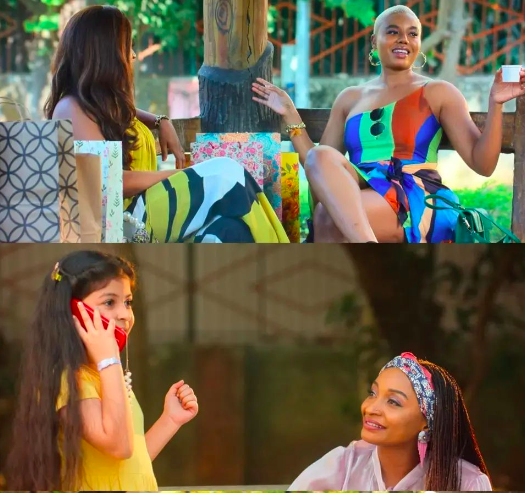
Credit: Instagram
Then, let’s get into Nancy Isime’s role in the movie. It serves the same purpose “ay” serves in “okay,” which is irrelevant. In the same way that Tobi’s manager was in constant phone contact with him in Nigeria, she could have conveniently been a phone friend.
The acting was one thing that kept the series going, as the story was such a bore. Some scenes felt like a recital and there was a little bit of overacting here and there but the acting was passable. I would give Rahama Sadau her flowers for speaking Hindi in a convincing manner. It didn’t sound like she crammed and recited it. The doctor, too, gave a convincing performance.
I would cut the actors some slack, as I felt the producer wasted the cast lineup by not giving them a story that was effectively put together.
Storyline
Nothing warranted us being tortured for six episodes. It could have been a movie; it felt long and overdragged. The storyline lacked depth and was a little bit flat with no sauce, and that’s far from who Nigerians and Indians are. Yemi’s relationship with his mom was so disjointed that their actions and thoughts didn’t align. Aunty Bunmi traveled all the way to India for treatment and she overreacted when the doctor said she would be undergoing surgery. I shook my head when I heard her ask for drugs. Please, let’s be realistic. You mean you came all the way from Nigeria for medicine?
Her son, Yemi, came all the way from Nigeria to dance, and the dance routines were what they had to offer? The dance moves were minimal and typically felt like childhood routines.
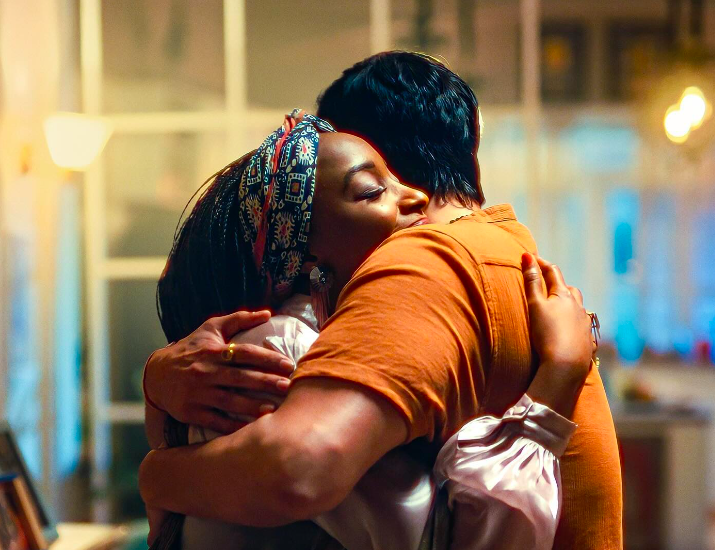
Credit: Instagram
Some scenes felt a little bit exaggerated or would I say unrealistic, because why would a patient just change your mind about you having children so much so that it causes problems in your sweet home? Let’s not get started on RMD’s lack of emotion being associated with his ex-lover. It was so cringeworthy; honestly, it felt unreal. I don’t know if it is just me, but I felt the doctor being invited to the party and his family announcing their pregnancy was a stretch.
It felt like they were trying to create a feel-good movie, which is not bad at all. A feel-good series must have a compelling plot that piques viewers’ interest in seeing the next episode. It also needs to have a particular arc that one would look forward to and a replay value is a must. Considering all this, the series narrative failed to sustain audience interest, indicating potential shortcomings in the production’s conceptualisation and execution.
Visuals

Credit: Instagram
In terms of visuals, it was pleasing to the eyes. I also loved that they showed some of the “trenches” of India; they didn’t sell India as what it isn’t. The costumes complimented the actors and the film setting. The visual appeal of the movie was definitely praiseworthy.
Soundtrack

Credit: Instagram
I would point out that they attempted—and succeeded—in enhancing the moods with instrumentals. And ‘E ‘for effort in musically blending both countries’ song styles. Was it a success? I’m really not sure but one song stood out for me, and that’s Keting by Oybekshox and Sardor Safarov.
Overall take
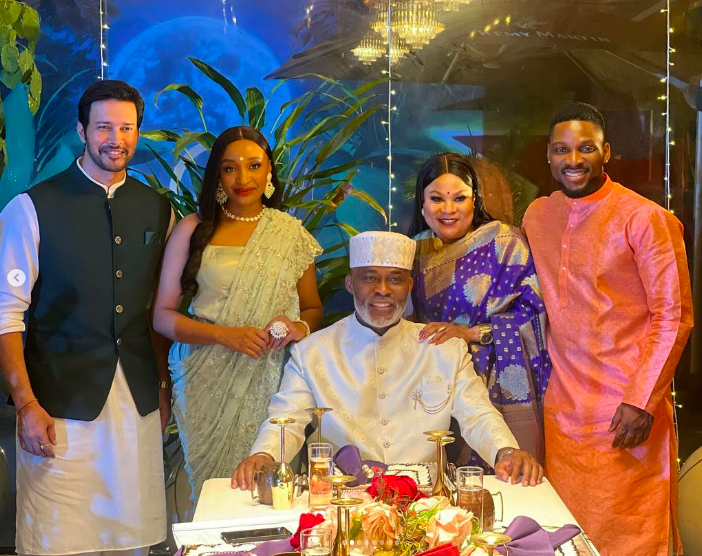
Credit: Instagram
I thought this collaboration would be better after the last one, Namaste Wahala. We got what we got, but I had hoped the producer would have listened to criticism and crafted a better series. Was it a bad watch? Definitely not. The plot had potential but it wasn’t fully developed. There was no excitement, no emotion; it just felt so flat. To be honest, I wasn’t interested enough to continue watching.
Most importantly, it was not a well-thought-out plan to have six episodes. It could have been a movie. I’m a little let down because, despite having the resources to film in two countries and excellent casting, the series only receives a 2 or 3 star rating. The good cinematography and costumes couldn’t even give the series the boost it wanted.
Of a possible five stars, at most it’s a 3 star series.

Leave a Reply